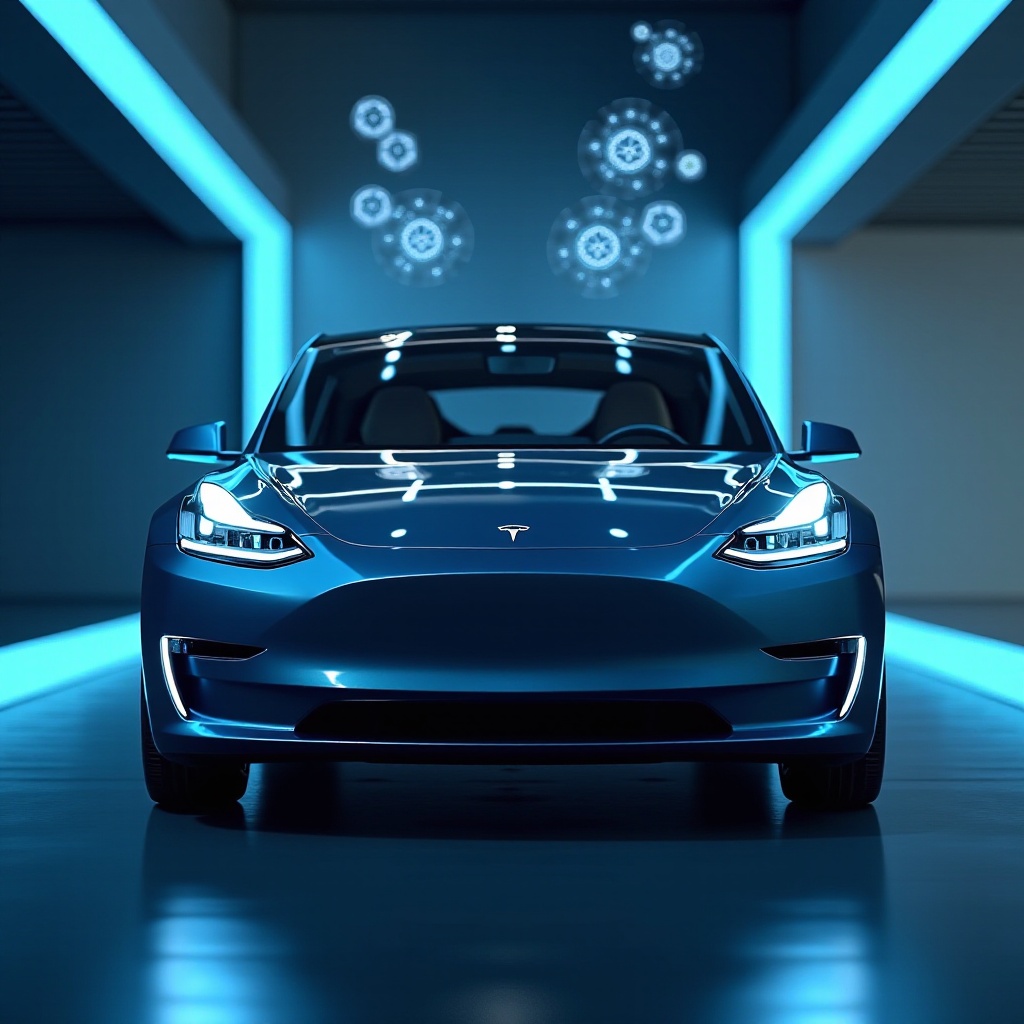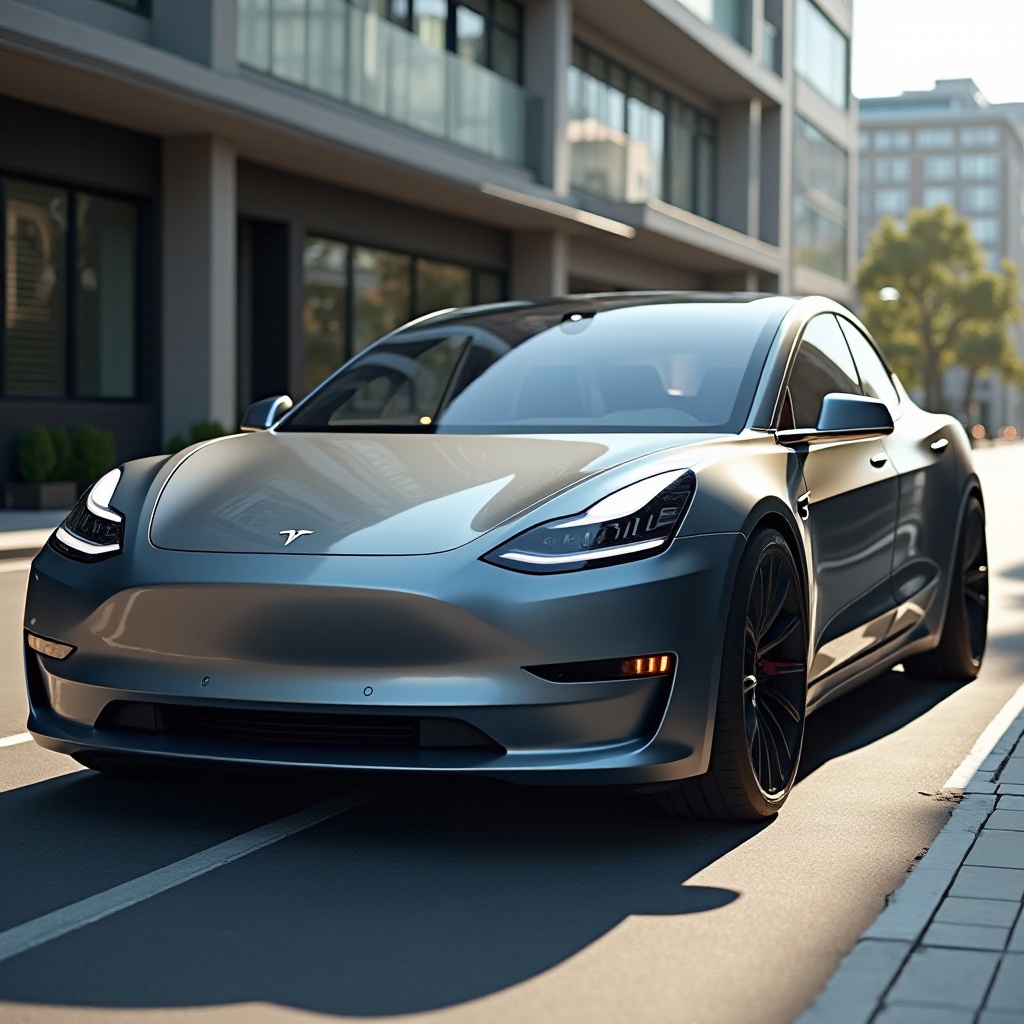Introduction
Tesla has transformed the automotive industry with its innovative approach, rapidly becoming a notable name. However, the question that frequently comes up is: are Teslas considered luxury cars? This blog will delve into the technological advancements, design elements, performance features, and brand perception of Tesla vehicles to evaluate if they meet the criteria of luxury cars.
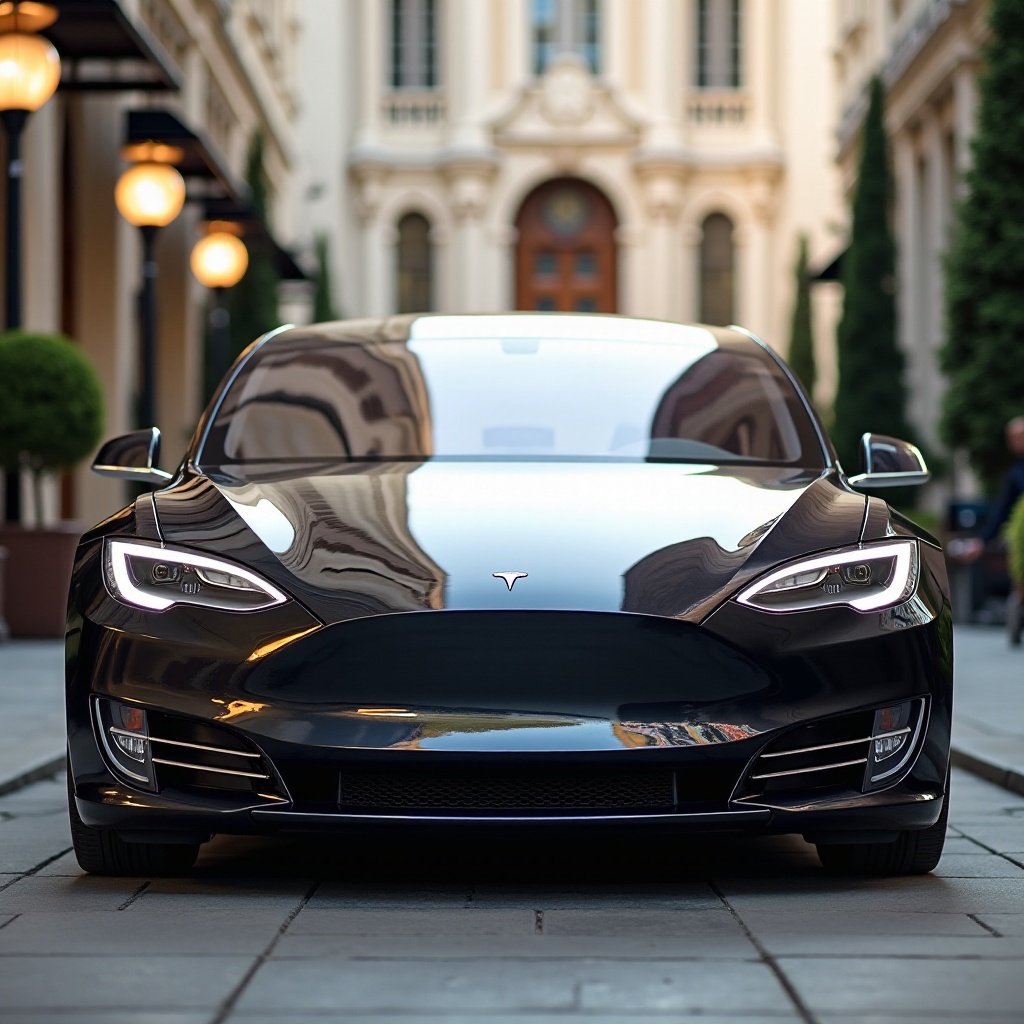
Defining Luxury Cars
Luxury cars are typically characterized by their superior quality, cutting-edge technology, exceptional comfort, and high price. They often feature a blend of high-end performance, exquisite materials, and advanced features designed to provide an elevated driving experience. Common indicators of luxury cars include premium interiors, top-tier safety features, and either a powerful engine or advanced electric powertrain.
Understanding this definition allows us to analyze whether Tesla’s offerings can compete with long-established luxury brands like Mercedes-Benz, BMW, and Audi. By comparing these traditional markers of luxury, we can better determine Tesla’s place in the luxury car market.
Tesla’s Offerings
Tesla offers a range of models, including the Model S, Model 3, Model X, and Model Y, targeting different market segments but consistently focusing on advanced technology and innovation. Known for their electric powertrains, significant driving ranges, and cutting-edge Autopilot features, these models set the stage for Tesla’s entry into the luxury market.
By combining modern technology with eco-friendly solutions, Tesla challenges the conventional ideas of what a luxury car should be, making a strong case for their inclusion in this category.
Technological Innovations
Technology plays a significant role in defining luxury, and Tesla’s technological prowess is unparalleled. The brand is synonymous with innovation, featuring advanced in-car technologies such as driver assistance systems, over-the-air updates, and a minimalist interior design with a central touchscreen controlling most vehicle functions.
- Autopilot and Full Self-Driving Capabilities: Tesla is at the forefront of autonomous driving technology, offering vehicles equipped with hardware ready for full self-driving capability.
- Over-the-Air (OTA) Updates: Tesla continually improves its vehicles through software updates, enhancing performance and adding new features.
- Battery Technology and Range: Tesla’s advancements in battery efficiency result in impressive driving ranges, with models like the Tesla Model S reaching up to 405 miles on a single charge.
These technological innovations contribute to a tech-driven luxury experience, distinct from traditional luxury automotive markers.
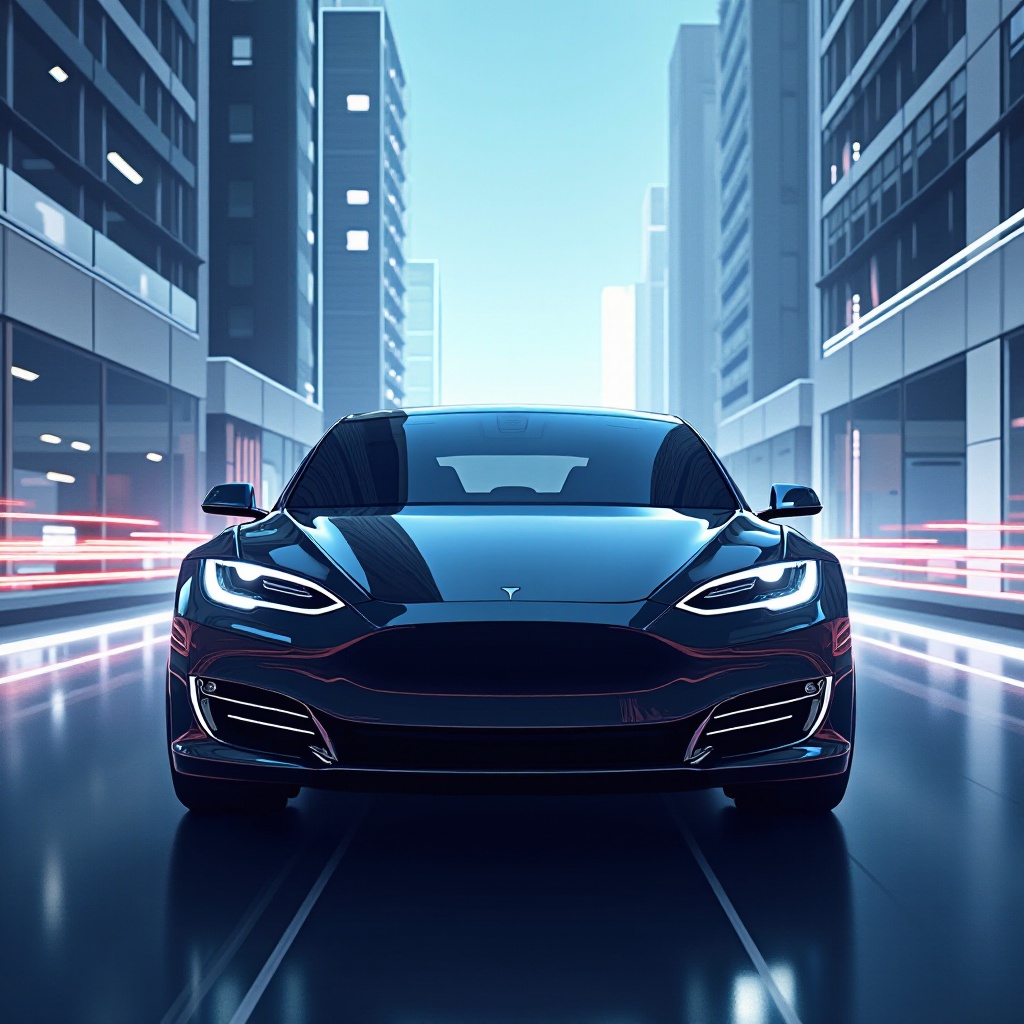
Interior and Exterior Design
Tesla’s vehicle design strikes a balance between minimalist and luxurious. The exterior features sleek, aerodynamic lines, while the interior showcases a clean, high-tech design.
- Exterior Design: Tesla vehicles have a modern, elegant look with clean lines and a minimalist approach, creating visually appealing silhouettes.
- Interior Design: The interior is simple yet functional, marked by a central touchscreen that eliminates the need for buttons and dials. High-quality materials like vegan leather and premium finishes enhance the luxurious feel.
These design choices make Tesla vehicles aesthetically pleasing, setting them apart with a futuristic appeal.
Performance and Comfort
Performance and comfort are crucial indicators of a luxury car, and Tesla excels in both.
- Acceleration and Handling: Teslas offer instant torque and remarkable acceleration, providing a thrilling driving experience. The Model S Plaid can accelerate from 0 to 60 mph in under 2 seconds, rivaling top supercars.
- Ride Comfort: Tesla’s adaptive air suspension system ensures a smooth ride by adjusting to road conditions and driving style.
Combining electric performance with comfort, Tesla vehicles meet and sometimes exceed traditional luxury car standards.
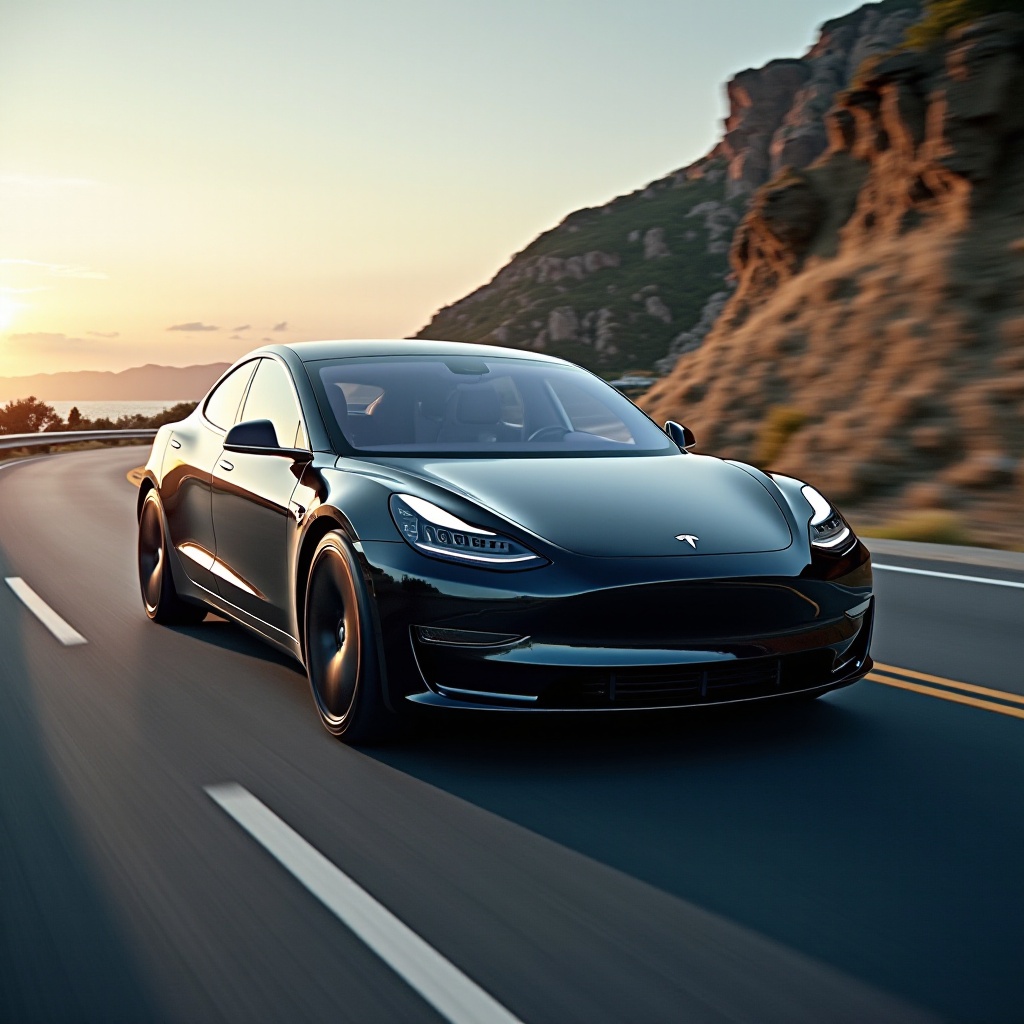
Brand Perception and Customer Experience
Brand perception and customer experience are essential elements of a luxury car. Tesla has built a strong identity focused on innovation, sustainability, and forward-thinking.
- Sustainability: Tesla’s commitment to reducing carbon emissions and promoting sustainable energy aligns with the values of many luxury car buyers.
- Customer Service: Tesla offers a unique customer experience with its direct sales model, Tesla Centers, and at-home service options.
- Owner Loyalty: Tesla owners often report high satisfaction and become brand advocates for Tesla’s innovation and performance.
These factors significantly contribute to Tesla’s perception as a luxury brand, appealing to consumers who value advanced technology and eco-friendly solutions.
Conclusion
In summary, Tesla vehicles meet many traditional luxury standards through high-quality materials, advanced technology, performance, and a unique customer experience. They challenge conventional luxury definitions with their minimalist design and tech-centric approach. However, innovative features and a commitment to sustainability enhance Tesla’s luxury car status. If luxury is defined by technological excellence, design, performance, and brand prestige, Teslas certainly qualify as luxury cars.
Frequently Asked Questions
What features do Tesla cars have that qualify them as luxury cars?
Tesla cars feature cutting-edge technology, premium materials, impressive performance, and a minimalist yet sophisticated design, all of which are key characteristics of luxury cars.
How does Tesla’s brand perception influence its status as a luxury car?
Tesla’s brand perception, built on innovation, sustainability, and a premium customer experience, significantly influences its status as a luxury car brand.
Are Teslas considered more affordable than other luxury brands?
While Teslas can be more affordable compared to some traditional luxury brands, they still come with a high price tag that reflects their advanced features and performance.

